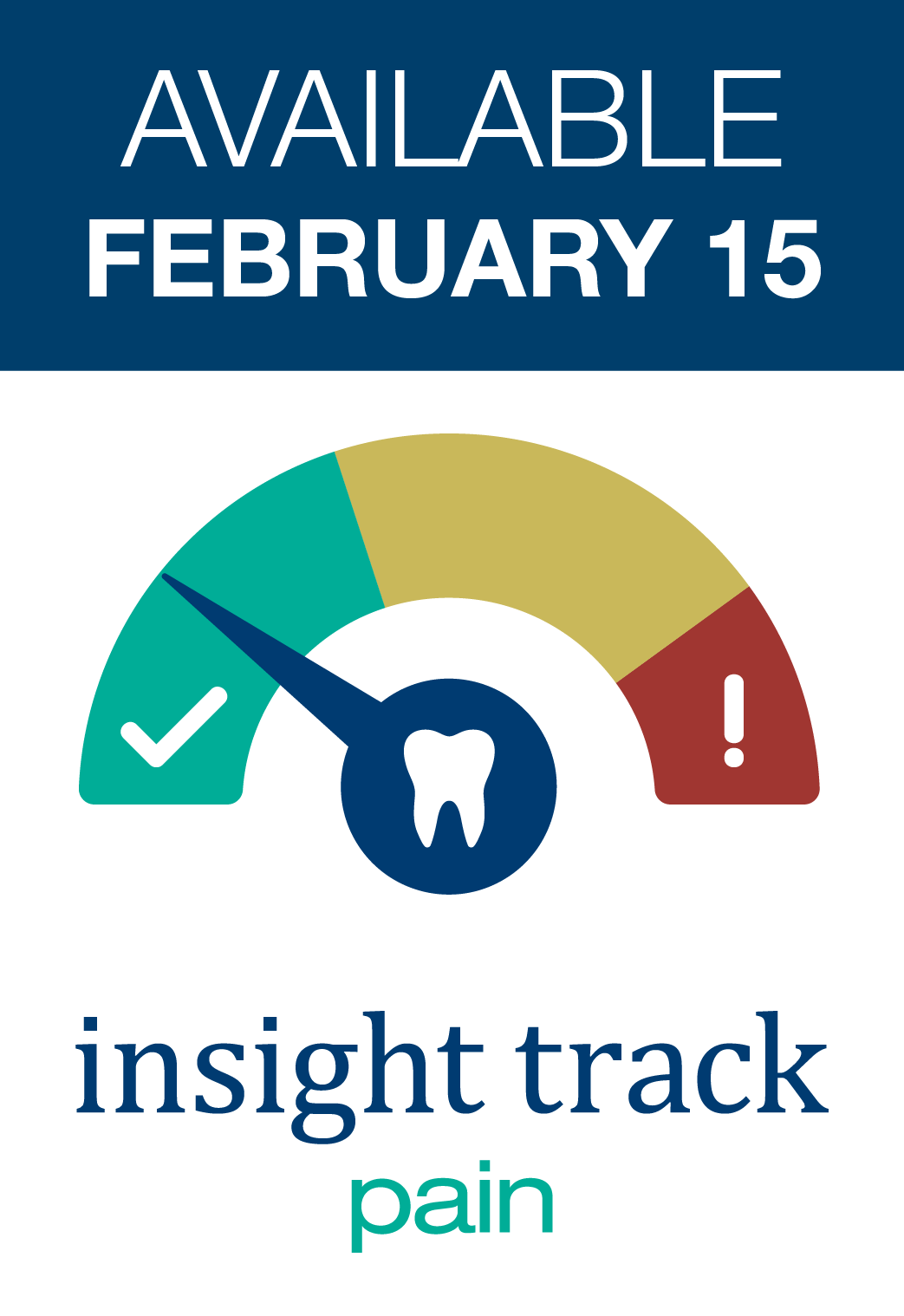
Dental Trauma and Quality of Life
CE: 0.75
Description: Childhood and adolescence, while periods of tremendous physical and emotional growth, have also been well recognized as high-risk stages for dental traumatic injuries. There are many causes of dental injuries amongst children and adolescents including falls, abuse, and collisions (sports- and non-sports-related) to name a few. Furthermore, continued sports play can facilitate a risk of re-injury. Globally, the prevalence of dental trauma is high – up to one-third of school-aged children have had at least one dental injury, and, of those with dental injuries, almost half experience another dental injury during this developmental period. Trauma to a child’s or adolescent’s orofacial region not only impacts their physical being but can have psychological and social impacts as well that can affect socialization with peers and overall well-being of the injured child or adolescent. Lastly, it is important to understand the process by which children 2 and/or adolescents and their families manage or cope with traumatic dental injuries and the potential influences of other factors on their coping ability. This session will examine the impact of children’s dental injuries on their quality of life including their psychological, social, and oral health impacts as well as parents’ perceptions of the impact.
At the conclusion, participants should be able to:
- To describe the prevalence, incidence, and risk factors of dental traumatic injuries among children/adolescents
- To describe the impact of dental trauma on children’s and adolescent’s quality of life and oral health quality of life.
- To describe the psychological and social impact of dental trauma on children and their caregiver/family.
Key:
Christine Riedy, PhD, M.P.H
Dr. Christine Riedy is a behavioral scientist and the Delta Dental of Massachusetts Associate Professor in Oral Public Health and Epidemiology at the Harvard School of Dental Medicine (HSDM), Boston, MA. She is also the Chair of the Department of Oral Health Policy and Epidemiology at HSDM. She holds an MA and PhD in Psychology and an MPH in Health Services with a concentration in maternal-child health from the University of Washington, Seattle, WA. Dr. Riedy’s research has spanned the life course from infant to elder with particular focus on children’s dental issues and behavioral implications of including quality of life and psychosocial influences. Her research endeavors have received support from the National Institute of Health (NIH) and the Health Resources and Services Administration (HRSA).
Christine Riedy, PhD, M.P.H
I declare that I have no proprietary, financial, or other personal interest of any nature or kind in any product, service, course, and/or company, or in any firm beneficially associated therewith, that will be discussed or considered during the proposed presentation.


